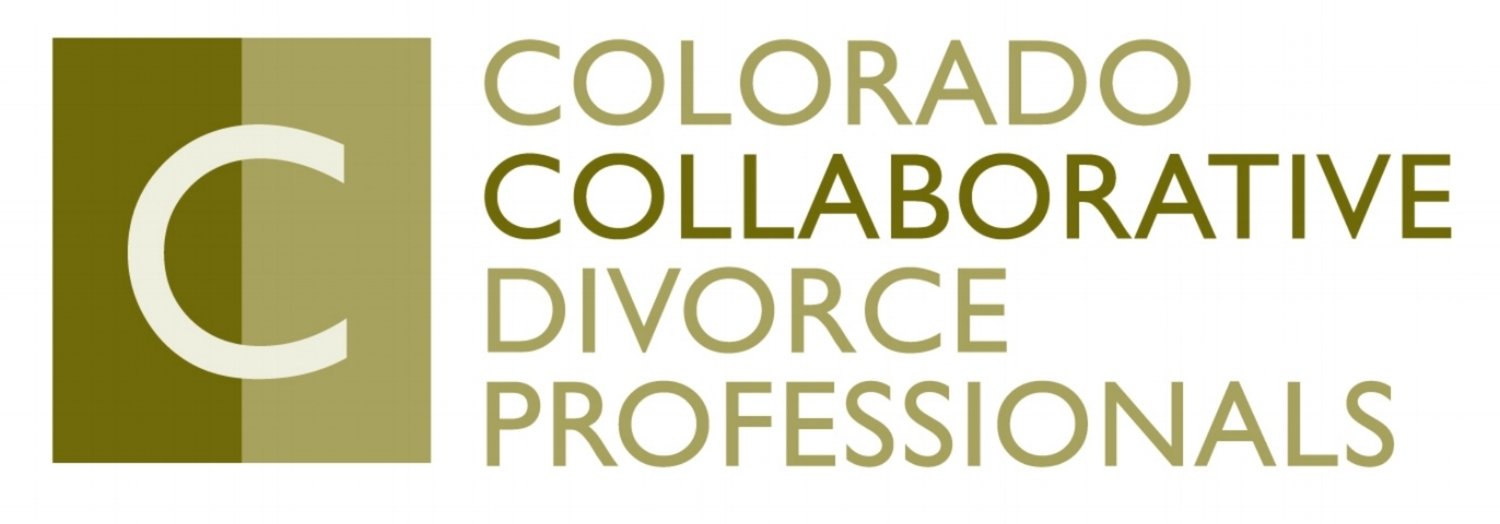In family law, referrals aren’t the only reason to network, but they often start the conversation. When you build strong professional relationships, you create a support system that benefits your clients, sharpens your skills, and expands your reach. Whether you're new to the field or have years of experience, making time for meaningful connections is a smart long-term move.
From legal education to collaborative practice, the family law community offers countless opportunities to grow. Let’s explore how networking supports your success, and how joining a group like CCDP can take it further.
Why Strong Professional Relationships Matter
It’s easy to focus on your caseload and miss chances to connect with others in the field. But family law touches so many parts of a person’s life that collaboration across professions, including mental health, financial planning, and mediation, becomes essential.
When you take time to build those connections, you gain:
Trusted colleagues for referrals and cross-discipline collaboration
Access to different approaches and shared insights
A sounding board for ethical or procedural questions
A stronger reputation in your local community
It’s not about handing out business cards. It’s about showing up, listening, and staying engaged.
Networking Beyond the Usual Events
Professional development seminars and legal conferences are helpful, but they’re just the starting point. Some of the best networking happens in smaller, intentional settings, peer groups, collaborative meetings, or community events that bring professionals together around shared values.
Find ways to get involved that feel natural to you. Volunteer at legal aid clinics, mentor younger attorneys, or attend roundtables. These environments make it easier to connect on a deeper level and stay informed on trends in family law.
Collaborative Divorce Strengthens Your Network
If you already work in collaborative divorce, you’ve seen how much value there is in building trust with fellow professionals. The process only works when everyone at the table communicates effectively and respects each role. That spirit carries over into other parts of your practice.
When you connect with like-minded professionals who prioritize communication and client care, your work becomes more efficient, less adversarial, and more fulfilling.
How Networking Benefits Your Clients
Clients may never see your behind-the-scenes professional network, but they feel the impact. When you refer them to a financial neutral or therapist you trust, they feel supported. When you’re part of a team that communicates clearly and respectfully, they’re more likely to reach a resolution that works.
Networking is about expanding your capacity to serve, not just growing your contact list. Clients notice when their case feels connected, not siloed.
Stay Current, Stay Connected
The legal field moves quickly. From new laws and case precedents to shifting court procedures, it takes a strong network to keep up. Staying connected helps you stay ahead and share that knowledge with your clients.
You’ll also learn how others handle difficult conversations, use technology, or structure their practice. Those tips are invaluable, especially when you want to grow without feeling isolated.
Why CCDP Is a Smart Place to Start
Colorado Collaborative Divorce Professionals brings together attorneys, mental health professionals, and financial specialists who all believe in a more respectful approach to family law. Whether you’ve practiced collaboratively for years or are just beginning to explore the model, CCDP is a space to learn, connect, and grow.
You’ll meet professionals who are open to sharing their knowledge, who value cooperation over conflict, and who believe clients deserve better options when going through divorce.
Build a Practice That Grows with Your Network
There’s no one-size-fits-all approach to networking, but one thing is clear: surrounding yourself with engaged, ethical, and collaborative professionals makes your work stronger. It improves outcomes for your clients, helps you grow your skills, and builds a sense of community that’s often missing in family law.
If you’re looking for a place to connect with others who care about doing divorce differently, consider joining CCDP. We’d love to meet you and learn more about the work you do.

